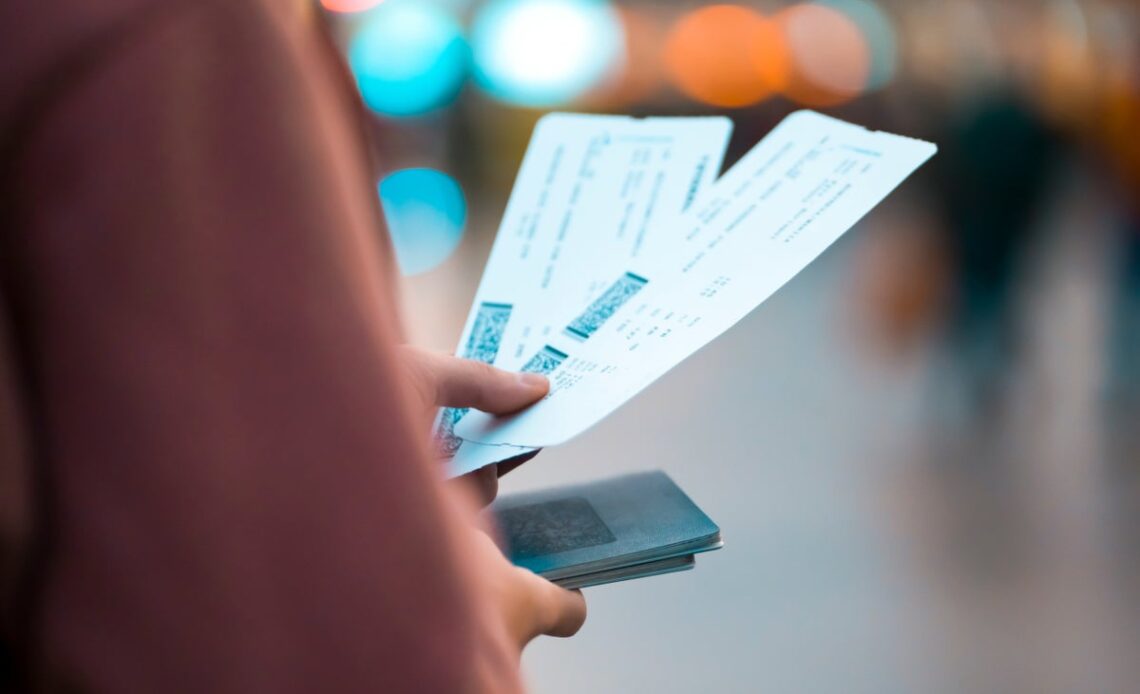The post-pandemic travel boom has people everywhere looking to jet-set to some far-away destinations, but it’s not always easy or cheap. It seems there are always new travel hacks popping up online, like how to secure an entire row of airplane seats to yourself or how to get extra legroom on a cramped flight. But no cost-effective travel hack has airlines up in arms more than the strategy known as “skiplagging”.
Skiplagging, also referred to as “hidden-city” or “throwaway” ticketing, is the practice of booking a less-expensive flight option with a layover city without planning to fly the entire route. Instead, the stopover is the traveller’s intended destination.
The reason so many people use this controversial hack is because it’s cheaper to book a layover flight than a direct flight.
For example, a flight from New York to Orlando might be $250 nonstop, but a similar flight from New York to Dallas with a layover in Orlando might be $130. If a passenger wanted to fly to Orlando using the “skiplagging” strategy, they would get off the plane at the layover destination in Orlando rather than flying all the way to Dallas.
In fact, there’s an entire travel service dedicated to this practice called Skiplagged.com, which alerts customers to hidden-city deals and “exposes loopholes in airfare pricing to save you money.”
Skiplagged works by giving travellers the option to search for a route with a hidden-city destination, but the website notes that hidden-city flights are only available on certain routes. If these options are available, they will appear in the flight search results with the final legs of the journey crossed off and the price marked as “skiplagged rate”.
However, airlines are not happy with this cost-saving strategy.
In 2014, United Airlines teamed up with travel website Orbitz to sue Skiplagged CEO Aktarer Zaman. The airline claimed the practice of hidden-city ticketing was “unfair” and “strictly prohibited,” saying that the New Yorker’s website cost the companies $75,000 in lost revenue. However, the case was thrown out because it was filed in Illinois where the court did not have jurisdiction, as Zaman worked and resided in New York City. Zaman also maintained that the practice was “perfectly legal”.
Today, Skiplagged touts their legal success over the airline company on their…
Click Here to Read the Full Original Article at The Independent Travel…
